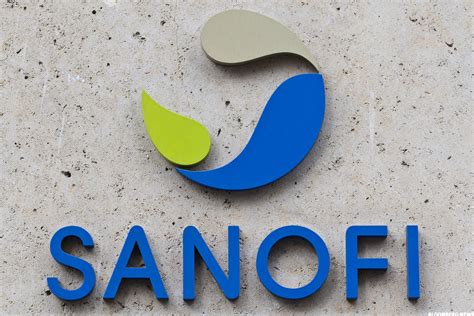Manufacturing hiccup in China trips up Sanofi’s vaccine sales momentum
May 2, 2018
Source: fiercepharma
 832
832

After a strong 2017, Sanofi Pasteur got off to a less-than-stellar start this year. In China, inspectors put a temporary kibosh on imports of the pediatric shot Pentaxim, thanks to vaccine batches that failed to pass inspection. That move hobbled the shot's sales—and dragged the rest of the unit down, too.
Overall, the French drugmaker's vaccine sales slid about 1%, the company reported, blaming the decline partly on the Pentaxim trouble.
China Daily reported in December that several Pentaxim batches failed China's regulatory tests, and officials there put a temporary hold on incoming shipments. Sanofi executives had previously said they expect lower first-half vaccine sales, in part because of the China issue, partly on Dengvaxia's well documented problems. Plus, looking ahead to the second quarter, Men ACWY vaccine Menactra isn't expected to bring in as big purchases from the CDC as it did the same period last year.
Still, Sanofi CEO Olivier Brandicourt said on a conference call his company remains "confident of a return to growth in the second half led by our pediatric franchise in our flu portfolio, which now includes Flublok."
Sanofi bought Protein Sciences and its alternative flu vaccine technology last year for $650 million. Since that deal, alternative tech has gained a boost and egg-based flu vaccine manufacturing has faced growing questions about efficacy.
All told, Sanofi generated €711 million in vaccine sales for the quarter. Adult booster vaccines, meningitis and pneumonia immunizations, and travel and other endemic vaccines grew, while polio/pertussus/Hib vaccines and flu shots declined.
The company's 1% decrease in vaccine sales compares to a 16.3% leap for specialty care revenues and a 2% increase for consumer healthcare in the first quarter, all at constant exchange rates. And it follows a strong year for Sanofi in vaccines in 2017, when sales grew 8.3% despite a Dengvaxia controversy that dominated headlines toward the end of the year.
In November, Sanofi reported that a new data analysis found the dengue vaccine can cause more serious cases of dengue if given to people who haven't been exposed to the virus before. The announcement triggered an uproar in the Philippines; Sanofi refunded unused doses and took an €87 million charge in the fourth quarter.
More recently, WHO said the vaccine shouldn't be used unless a diagnostic test can confirm recipients have been infected before. Such a test doesn't yet exist, and experts predict it will likely be at least two years until one can reach the market.
Now, Dengvaxia sales have all but stopped. Sanofi reported €1 million in sales for the shot during the first quarter.
Also late last year, Sanofi pulled the plug on a phase 3 C. diff vaccine program that analysts thought could be worth hundreds of millions of dollars in sales per year.
By DduRead more on
- Sanofi halts venglustat clinical programme in ADPKD June 2, 2021
- Facebook Collaborates with NYU to Develop Faster MRI Scans Using AI August 23, 2018
- $700K Granted to Bot M.D. for International, Doctor-Interactive AI Chatbot App August 10, 2018
- Carisma Therapeutics Bags $53 Million in Series A Funding led by AbbVie June 28, 2018
- FDA Anounces Restricted use of Keytruda & Tecentriq Against Bladder Cancer June 26, 2018
your submission has already been received.
OK
Subscribe
Please enter a valid Email address!
Submit
The most relevant industry news & insight will be sent to you every two weeks.



